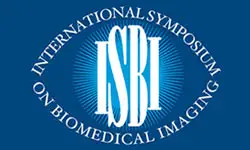Lung Cancer Identification Via Deep Learning: A Multi-Stage Workflow
Irene Canavesi, Eleonora D',Arnese, Sara S.C. Caramaschi, Marco Domenico Santambrogio
-
Members: FreeSPS
IEEE Members: $11.00
Non-members: $15.00Length: 00:04:09
28 Mar 2022
Lung cancer diagnosis involves different screening exams concluding with a biopsy. Although it is among the most diagnosed, lung cancer is characterized by a very high mortality rate caused by its aggressive nature. Though a swift identification is essential, the current procedure requires multiple physicians to visually inspect many images, leading to a lengthy analysis time. In this context, to support the radiologists and automate such repetitive processes, Deep Learning (DL) techniques have found their way as helpful diagnosis support tools. With this work, we propose an end-to-end multi-step framework for lung cancer localization within routinely acquired Computed Tomography images. The framework is composed of a first step of lung segmentation, followed by a patch classification model, and ends with a mass segmentation module. Lung segmentation reaches an accuracy of 99.6% even when considerable damages are present, while the patch classifier achieves a sensitivity of 85.48% in identifying patches containing masses. Finally, we evaluate the end-to-end framework for mass segmentation, which proves to be the most challenging task reaching a mean Dice coefficient of 68.56%.



